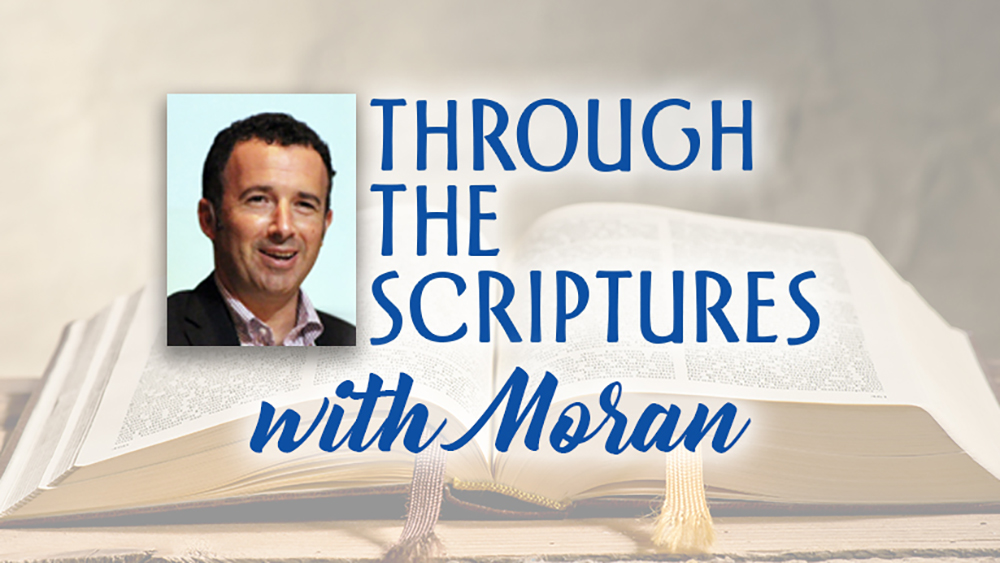
Parashat Acharei Mot (After the Death) &
Parashat Kedoshim (Holy Ones)
VaYikra (Leviticus) 16:1–18:30 & 19:1–20:27
Our weekly Scripture reading brings us to two very interesting portions, “After Death” and “Holy Ones”. I have previously written on “Kedoshim” (Holy Ones) in my blog, Be Holy!, and want to quickly reiterate a few key points regarding God and holiness, before getting to the crucial connection between holiness, sin, and death.
First, what does it mean to be holy? In Hebrew, the command of holiness to the children of Israel in these passages from Leviticus is “קְדשִׁים” (kedoshim), which parallels the Hebrew word used for God’s holiness, which is “קָדוֹשׁ” (kadosh). It can mean “lofty and exalted, righteous, holy and exalted in his ethics, to stick to the ways of the LORD, saint, sanctified and sacred.” As I consider these various descriptions of God’s holiness, Him being “kadosh” and His desire for me to be “kadosh”, I am so convicted! I am far from being there, yet I am inspired to live in such a way. God has given me the Holy Spirit to lead me and guide me to walk in His ways. His Spirit is holy and when He lives in me, He will expose the areas in my life that are un-holy and not glorifying to God.
In Leviticus 20:26, God repeats this instruction with a small, yet very important, addition:
Thus you are to be holy to Me, for I the LORD am holy; and I have set you apart from the peoples to be Mine.
To be holy essentially means “to be set apart”. But this begs the question: From whom and for whom are we to be set apart? And by whose standards do we measure being set apart? As we read in Leviticus 19, we find a short list of God’s standards for living holy lives and being set apart from the worldly ways of life. Even though this is a short list, it's pretty clear just by looking at it, that it is virtually impossible to live strictly by those instructions in our own strength. And as we continue to chapter 20, we read that again and again that the punishment for disobedience is death!
At times I ask myself, “What if those days of old were to be implemented today, that when we sin, we lose our lives? How would we live? Would we think twice before doing something that opposes the instructions of God? Would we be more careful to live a life honoring to Him?” Yet, the truth is that even until today, sin has deadly consequences; the byproduct of sin is death! This was true thousands of years ago and it is true today. But the good news is that God has given us a way out of sin and has delivered us from eternal death:
“For the wages of sin is death, but the free gift of God is eternal life in Messiah Yeshua our Lord.”
Romans 6:23
Through His death and resurrection, our Messiah paid the price for our sin in full, and by doing so, reconciled us to the Father, giving us the eternal hope of new life. That truth ought to encourage us all the more to live out of love for Him, not because we are obligated, but because we want to, and are free to do so.
Ask yourself if your actions are motivated by fear or by love? Do you do what you do because you have to or because you get to?
This can be the difference between a life of misery and a life full of joy; choose wisely!
Shabbat Shalom,
Moran
Share this Post
